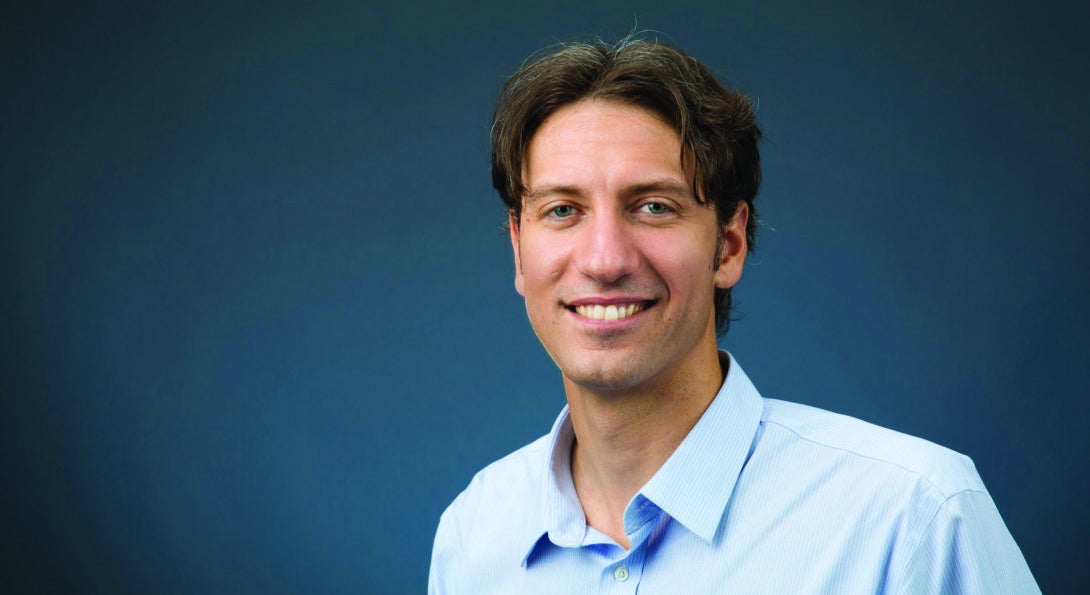Professor Vitousek researching the impact of climate change

Professor Sean Vitousek joined the Department of Civil and Materials Engineering in the spring and he is already making waves.
The assistant research professor recently received a $300,000 grant entitled “Coastal Impacts Associated with Climate Change” from the United States Geological Survey (USGS) for his pioneering research on the impacts of climate change and sea-level rise on coastal zones. He is the sole principal investigator for the award.
“Climate change and sea-level rise are already impacting communities along highly
vulnerable coastlines,” said Vitousek. “Along Arctic coastlines, accelerated shoreline erosion and habitat loss are resulting from thawing permafrost and extended periods of sea-ice free conditions causing greater susceptibility to storm surge and wave energy. Government agencies and land-use planners are considering plans to relocate Native Alaskan villages and critical airstrips further inland away from eroding coasts.” Increased SLR rates (up to 1 cm/year) are already impacting coastal infrastructure, freshwater resources, and terrestrial and marine ecosystems in many low-lying island nations, notably the U.S. Affiliated Pacific Islands (USAPI).
“Coastal flooding from storms and predicted sea-level rise threaten continued human habitation on many (USAPI) islands in the Pacific, likely making the residents of these low-lying islands the world’s first climate-change refugees,” said Vitousek. “In California, half a million people and costal property valued at more than $100 billion are at risk over the next century. Along highly developed coastal corridors such as San Francisco Bay and Puget Sound, $100s of millions are being spent on coastal infrastructure renovation and ecosystem restoration, yet resource managers remain uncertain whether outcomes of these efforts will be resilient to projected sea-level rise.”
To plan for imminent threats to the coasts from saltwater intrusion, flooding, shoreline erosion, and habitat loss, coastal managers need better scientific information and tools. To help, Professor Vitousek, the USGS, and their collaborators continue to develop advanced numerical models to predict the physical impacts of climate change and sea-level rise.
Professor Vitousek’s litany of objectives for this project include the analysis of global hindcasts and forecasts of waves, tides, storm surge, relative sea-level rise, and glacio-isostatic adjustment to
produce future flooding hazard assessment in 2100; ongoing software developments to the USGS Coastal Storm Modeling System (CoSMoS) and its application to predict flooding and
shoreline change on the California Coast; and the development of the coupled CoSMoS-Coast / CoSMoS-Cliff erosion model.
“I will be applying the CoSMoS modeling system to central California as an extension of the completed work for southern California and writing papers to peer-reviewed journals about the developed modeling systems, applications, and results,” he said. “I plan to assist with ongoing field work, and attend meetings with the CoSMoS development team to discuss strategies for future work, resolve issues with models, and assist with the publication and dissemination of modeling results.”
Learn more about the professor’s research at Vitousek lab.